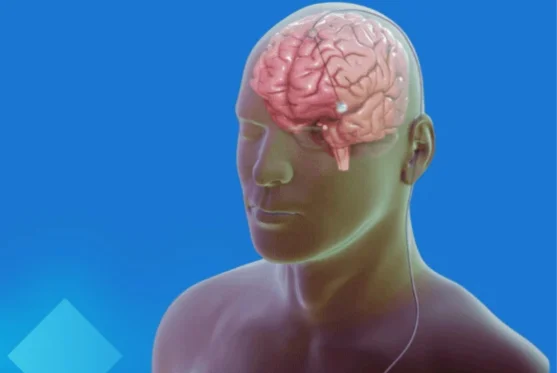
What is DBS Surgery?
DBS surgery is a minimally invasive procedure that involves the implantation of a small device, similar to a pacemaker, in the brain to help manage symptoms of movement disorders. The device, called a neurostimulator, is implanted under the skin in the chest area and is connected to electrodes placed in specific parts of the brain. These electrodes deliver electrical impulses that modulate the brain's activity, reducing symptoms like tremors, rigidity, and abnormal movements.
Conditions Treated with DBS Surgery
DBS surgery is primarily used to treat movement disorders that do not respond well to medication. Some of the most common conditions treated with DBS surgery include:
- Parkinson's Disease: A neurodegenerative disorder that causes tremors, stiffness, and difficulty with movement.
- Essential Tremor: A neurological condition that causes uncontrollable shaking, especially in the hands, head, or voice.
- Dystonia: A condition characterized by abnormal muscle contractions that lead to twisting, repetitive movements, or abnormal postures.
- Obesity and Depression: In some cases, DBS may also be used for treatment-resistant cases of severe obesity or depression.
The DBS Surgery Procedure
The DBS surgery procedure typically involves two stages:
1. Implantation of the Electrodes
The first stage of the surgery involves implanting electrodes in the targeted areas of the brain. Using advanced imaging techniques such as MRI or CT scans, Dr. Khandelwal carefully places the electrodes in the most precise locations to target the areas responsible for the patient's symptoms. The procedure is done while the patient is awake to help guide the placement of the electrodes based on their responses.
2. Implantation of the Neurostimulator
After the electrodes are in place, the second stage involves implanting a small neurostimulator, which is placed under the skin near the collarbone or in the chest area. This device is connected to the electrodes in the brain and is used to deliver electrical impulses to regulate brain activity. The neurostimulator is adjustable, allowing Dr. Khandelwal to fine-tune the stimulation settings to optimize symptom control for each patient.
Benefits of DBS Surgery
DBS surgery offers a number of significant benefits for patients with movement disorders, including:
- Symptom Control: DBS can significantly reduce tremors, rigidity, and other symptoms, improving the quality of life for patients.
- Reduced Medication Dependence: Many patients experience a reduction in their reliance on medication, leading to fewer side effects and improved overall health.
- Improved Mobility: Patients often experience improved movement and a reduction in the frequency and severity of abnormal movements.
- Personalized Treatment: The neurostimulator can be adjusted over time to meet the changing needs of the patient, allowing for ongoing symptom management.
Recovery After DBS Surgery
Recovery from DBS surgery generally involves a short hospital stay, followed by a period of post-operative adjustment. After the electrodes are implanted, patients will typically need a few weeks for the brain to adjust to the stimulation. Dr. Khandelwal will work closely with patients to fine-tune the neurostimulator and ensure optimal settings for symptom relief.
Patients may experience mild side effects such as headaches, dizziness, or temporary discomfort at the implant site, but these symptoms typically resolve within a few weeks. Long-term follow-up care is essential to ensure the device is functioning properly and to adjust the stimulation as needed.
Why Choose Dr. Kapil M Khandelwal for DBS Surgery?
Dr. Kapil M Khandelwal is a highly skilled neurosurgeon with extensive experience in performing DBS surgery. His expertise in advanced brain surgery techniques, combined with his compassionate approach to patient care, ensures the best possible outcomes for those suffering from movement disorders. Dr. Khandelwal is dedicated to providing personalized treatment plans and offering ongoing support throughout the treatment and recovery process.
Conclusion
DBS surgery is a life-changing procedure for patients suffering from debilitating movement disorders. With the expertise of Dr. Kapil M Khandelwal, patients can experience significant improvements in their symptoms, mobility, and overall quality of life. If you or a loved one is dealing with a movement disorder that has not responded to conventional treatments, contact Dr. Khandelwal’s clinic to explore the potential benefits of DBS surgery and take the first step toward a better quality of life.